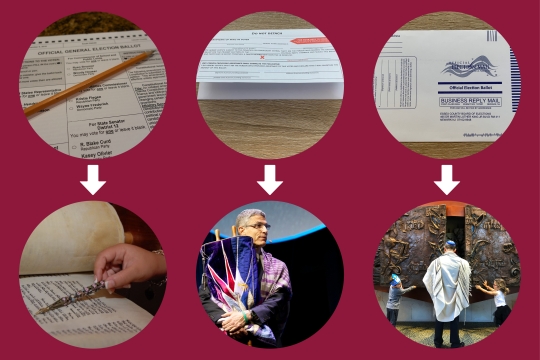
Title IX of the Education Amendments of 1972, a comprehensive federal law that prohibits discrimination on the basis of sex under any educational program or activity receiving federal funding, is currently under threat. While the law was initially passed with a focus on prohibiting gender discrimination in collegiate athletics, it addresses discrimination in many areas of the educational experience. Title IX supports students’ ability to access an education in an environment free from discrimination and hostility. In particular, students who experience sexual violence and transgender and gender non-conforming students rely on the law. However, recent setbacks to the application of Title IX insofar as it protects transgender students and survivors of sexual assault are concerning.
In May 2016, the Obama administration issued guidance clarifying schools’ legal responsibility under Title IX to ensure transgender students’ access to restrooms, educational programs and activities consistent with their gender identity. In an effort to prevent implementation, 12 states sued the federal government and won an injunction. The Justice Department under Obama appealed the case, but on February 10, 2017, the Trump administration withdrew the U.S. government’s objections to the injunctions and on February 22, 2017 the Justice and Education Departments rescinded the guidance altogether. While the guidance never actually went into effect, Trump Administration actions regarding the guidance are indicative of a concerning shift in LGBTQ policy and an effort to weaken Title IX protections.
On April 4, 2011, the Department of Education Office for Civil Rights distributed a “Dear Colleague Letter” (DCL) directed at university administrators to emphasize schools’ obligations to take immediate and effective steps to respond to reports of sexual violence in accordance with Title IX requirements. Secretary DeVos has hedged her support for the guidance, and Candice Jackson, who heads the Department’s Office for Civil Rights, has made egregious claims doubting the credibility of survivors of sexual violence.
Secretary DeVos’ lack of commitment to enforcing the 2011 sexual violence guidance, coupled with the rollback of the 2016 transgender guidance, is an alarming indicator of potential change to the ways this Department of Education will address schools’ responsibility to protect students from violence and discrimination. We should not view the changes to these guidelines as impacting disparate groups. Transgender students are at an increased risk of experiencing sexual violence in schools; data shows that 12 percent of transgender youth report experiencing sexual violence in K-12 settings and 25 percent of transgender and non-conforming undergraduate students experience sexual violence. It is critical that we recognize this as an intersectionality.
Our Reform Jewish tradition teaches that mental anguish and moral degradation are the equivalent of physical murder. The sanctity of human life is one of the core principles of our value system, and our moral obligation to prevent our communities from experiencing violence is clear in our faith guidance.
The Department of Education’s decision not to affirm commitment to Title IX and relevant guidance invalidates the lived experiences of these students who are directly affected. Together we must advocate for rigorous enforcement of Title IX and ensure all students may pursue an education free of discrimination and violence.
The Reform Jewish Movement is committed to supporting rigorous enforcement of Title IX. You can find a letter on behalf of the Commission on Social Action of Reform Judaism to Secretary DeVos regarding sexual violence in schools, here. To join our efforts in standing with transgender students across the country, check out our group in the Tent and contact lstein@rac.org.
Lizzie Stein and Maya Weinstein are 2016-2017 Eisendrath Legislative Assistants at the Religious Action Center of Reform Judaism.
Related Posts

Favorite Jewish Teachings from Leaders of Color

What Jewish Wisdom Can Teach Us about Waiting for Election Results

